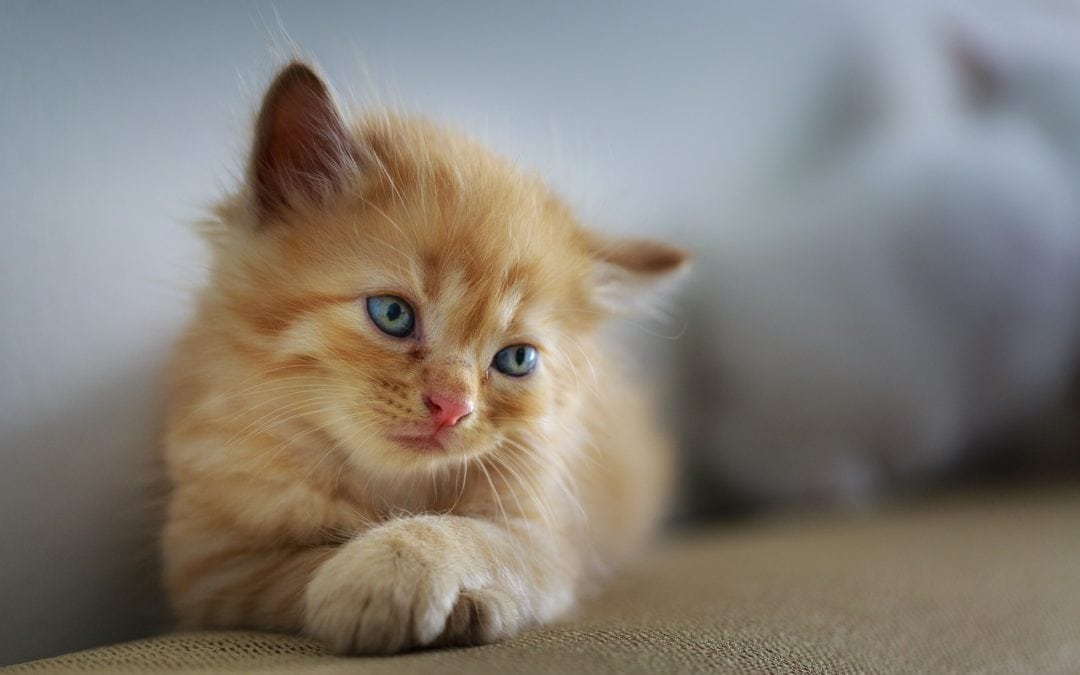
The Feline Leukemia Vaccine
The FeLV or “Feline Leukemia” vaccine protects against one of the most common infectious diseases of cats, Feline Leukemia. The feline leukemia virus is shed in nasal secretions, saliva, milk, urine, and feces of infected cats. The virus is commonly spread through bite wounds, shared food and water sources, mutual grooming, and from mother to offspring during pregnancy and nursing. Feline leukemia is the most common cause of various blood disorders, immune deficiency, and cancer in cats.
Symptoms of feline leukemia include weight loss, loss of appetite, pale mucous membranes, various infections of body systems, persistent diarrhea, and reproductive failures. It is common for cats to not show any signs of disease when first infected, but over time their health can progressively worsen.
Although there are no definitive treatments for feline leukemia, the virus is not necessarily a death sentence. Most infected cats are able to live long, happy lives. However, it is important to be aware that their immune systems don’t always function up to par, so they are at a much higher risk of contracting secondary infections. Monitoring your cat’s weight, behavior, symptoms of other infectious diseases, and consulting your veterinarian as needed are vital keys in keeping your cat healthy.
Prevention of feline leukemia is extremely important. Before bringing a new cat into your household, it should be tested for the feline leukemia virus. The test is performed in the clinic with a small blood sample. If it comes back positive and you have other cats in the house, you should consider the risks before bringing an infected cat into the household. It is recommended to vaccinate all young cats and cats that go outdoors against the feline leukemia virus. More regular testing may be recommended for some cats, particularly if they start showing any clinical symptoms that may be consistent with this virus.
